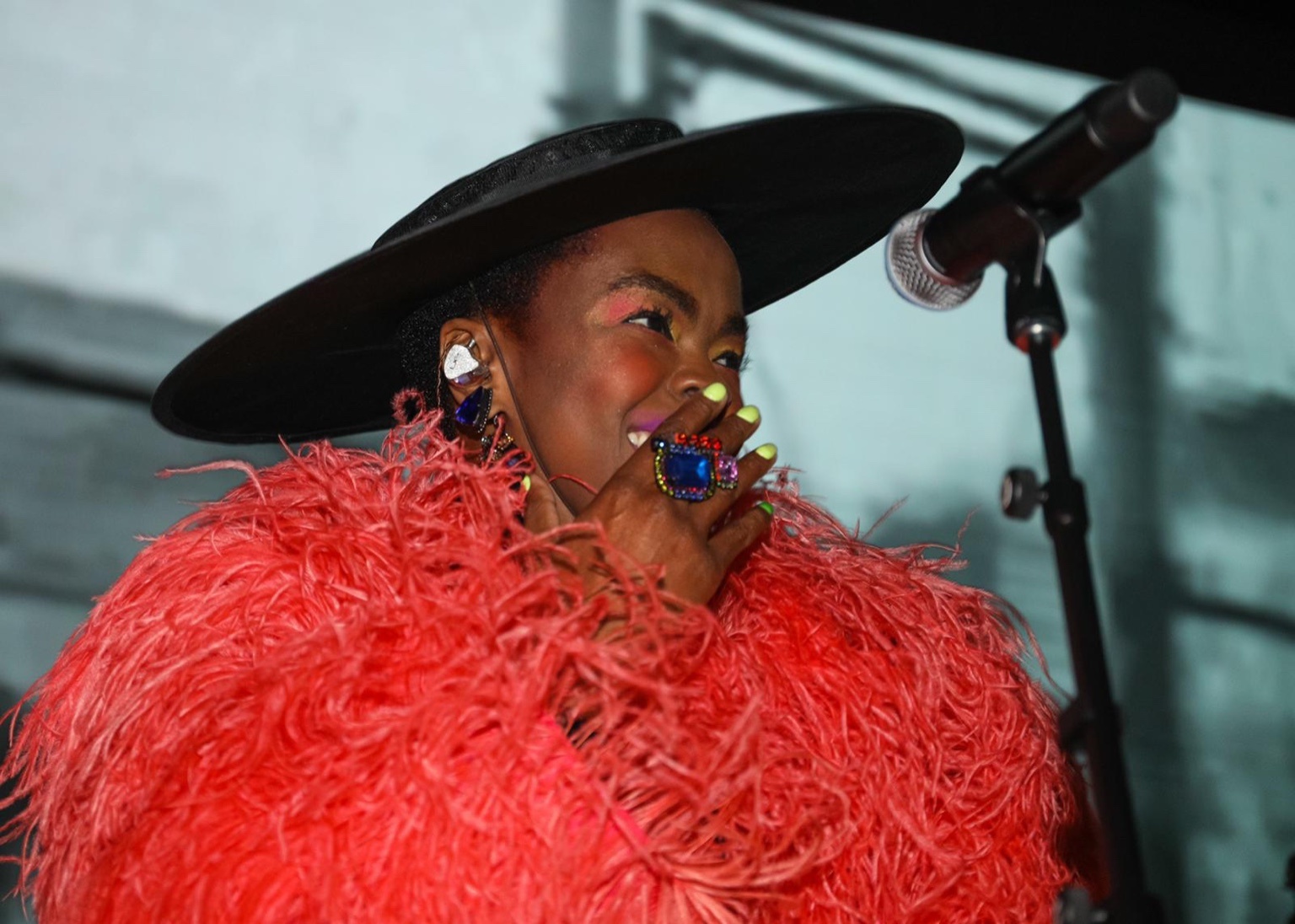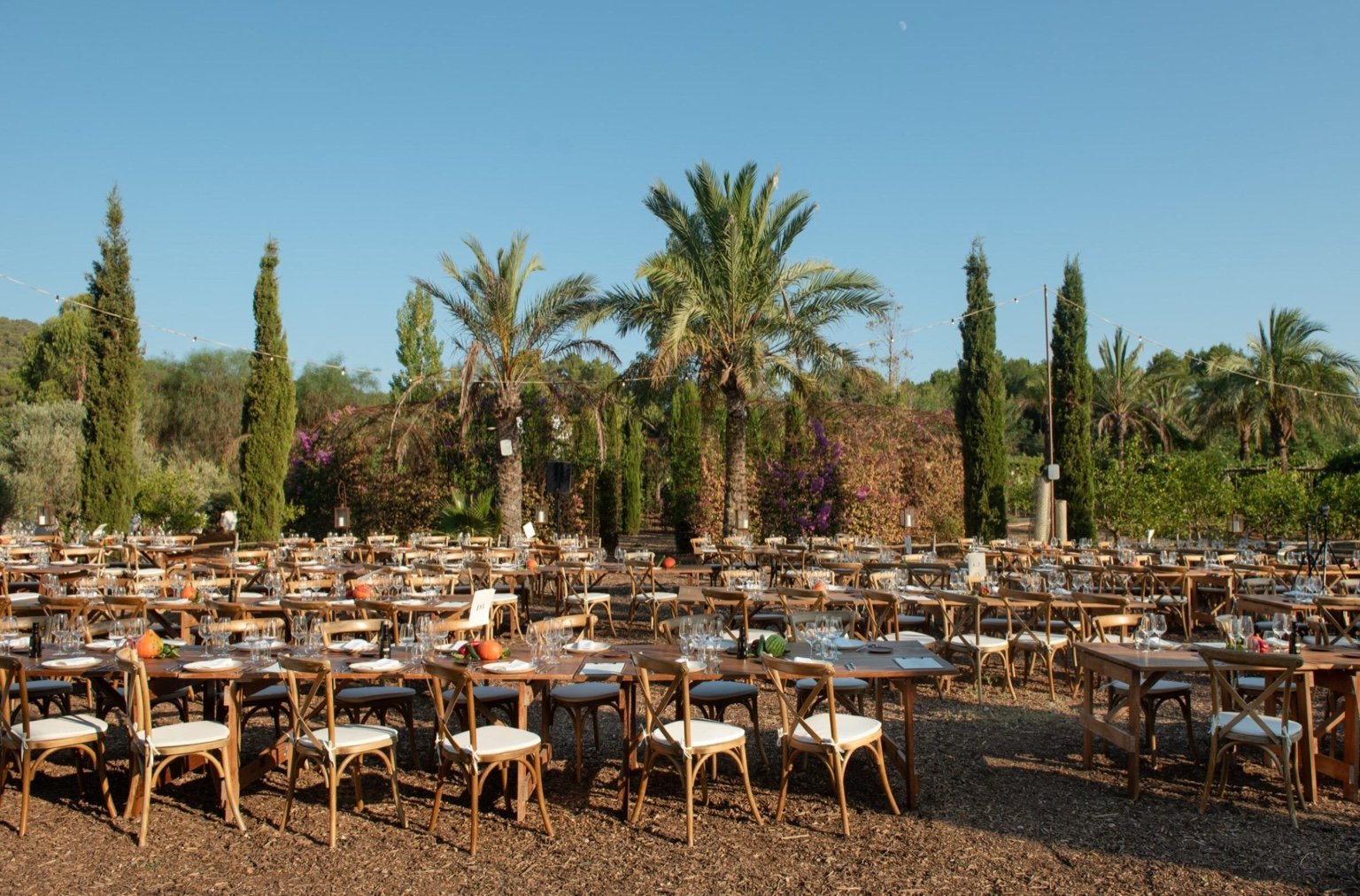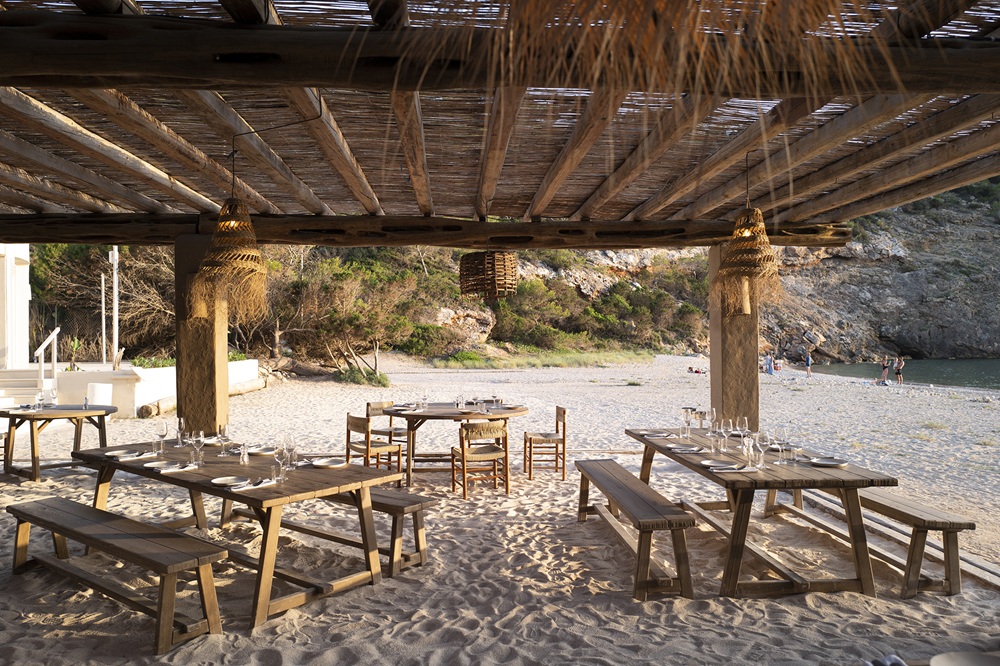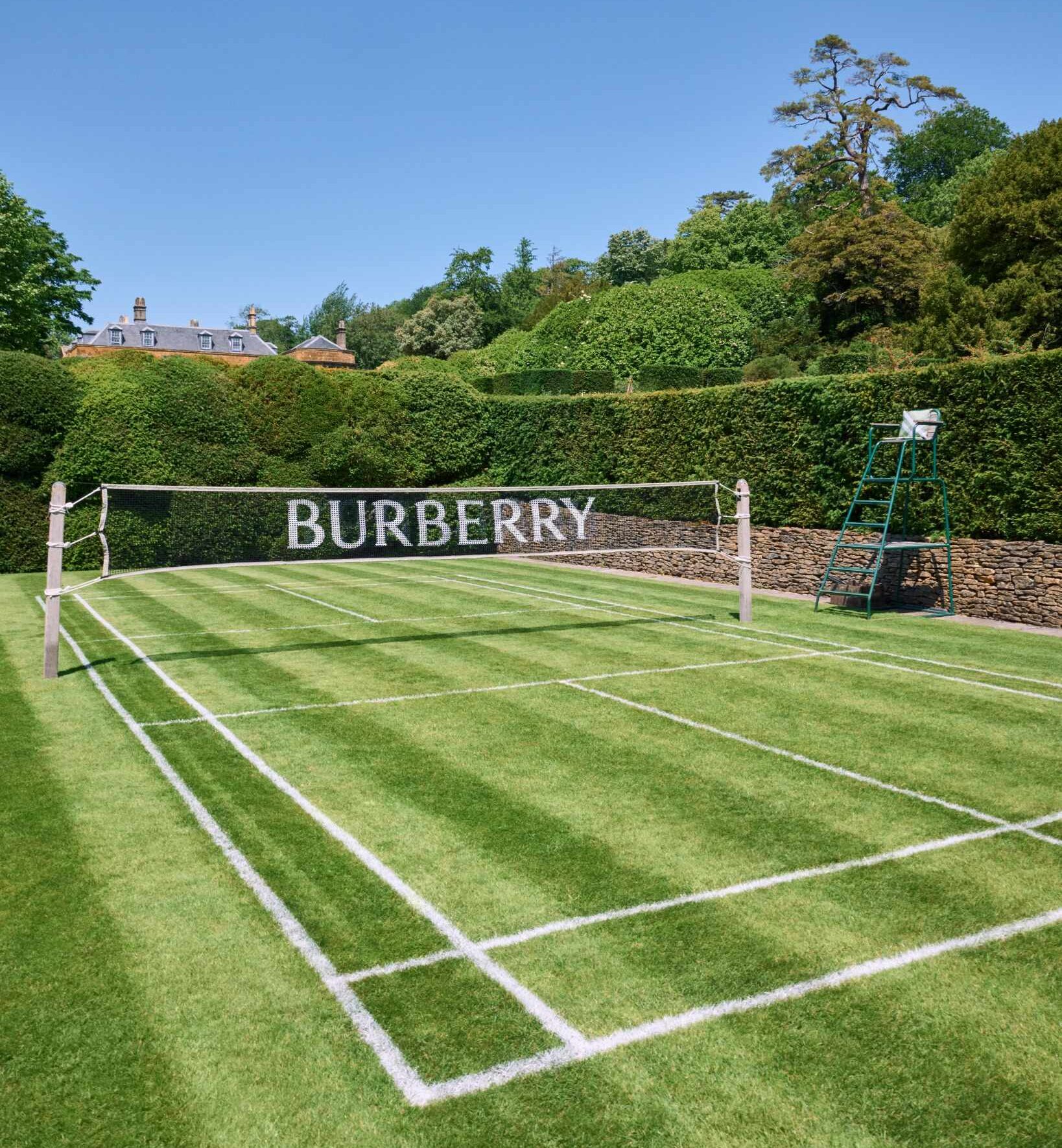We care about your privacy. We attempt to limit our use of cookies to those that help improve our site. By continuing to use this site, you agree to the use of cookies. To learn more about cookies see our Privacy Policy.
Why Camp David is Becoming the Preeminent Space For New York Creators
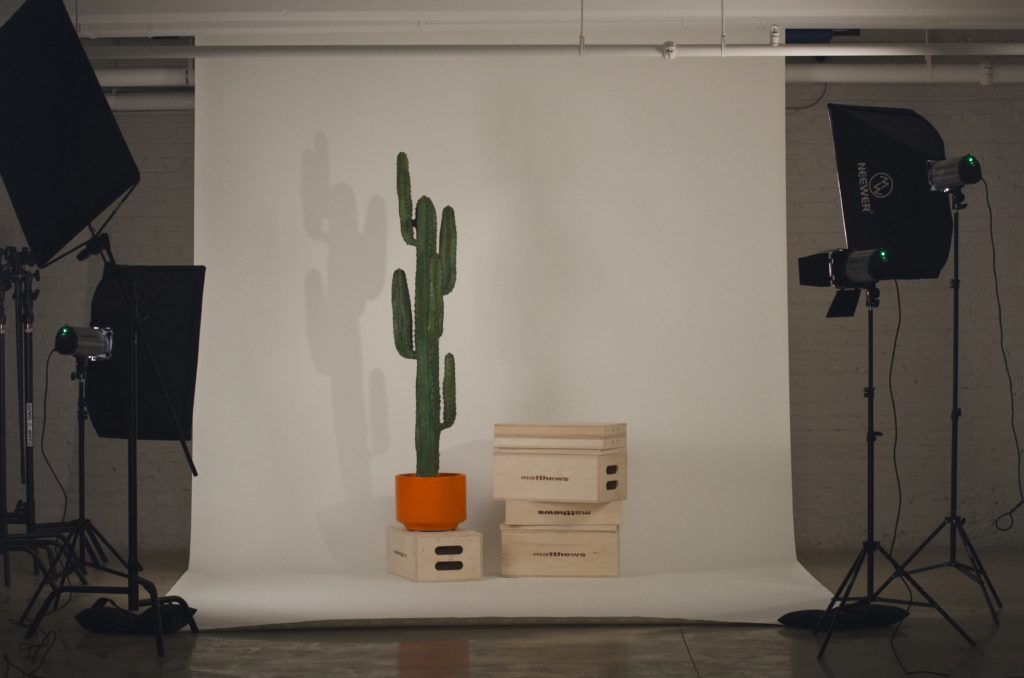
[Photo courtesy of RUSE Studios]
For a property that has famously perceptive founders in Mazdack Rassi & Erez Shternlicht, an ultra hip location, and an unequivocally sleek look, Camp David has managed to operate without much fanfare. That itself might be the most appealing thing about the modern shared-workspace. Everything about Camp David is subtle, so work can be done without distraction. The Sunset Park location is comfortably distant to the hustle of the city. The rooms have highly curated furniture and decorations, but are spaced in a way that nothing ever demands your attention. Even the opening party was a small friends and family affair unlike the typically wild events Rassi has been known to host. “As we’ve been up and running for several months now, we are now trying to create a platform,” says Joey Pope, Camp David’s Director of Membership and de facto evangelist. “We don’t want to be a networking space, We never wanted to this to be forced, we wanted it to be a private space where people can go to their office, close their door. The true value will be the community.”
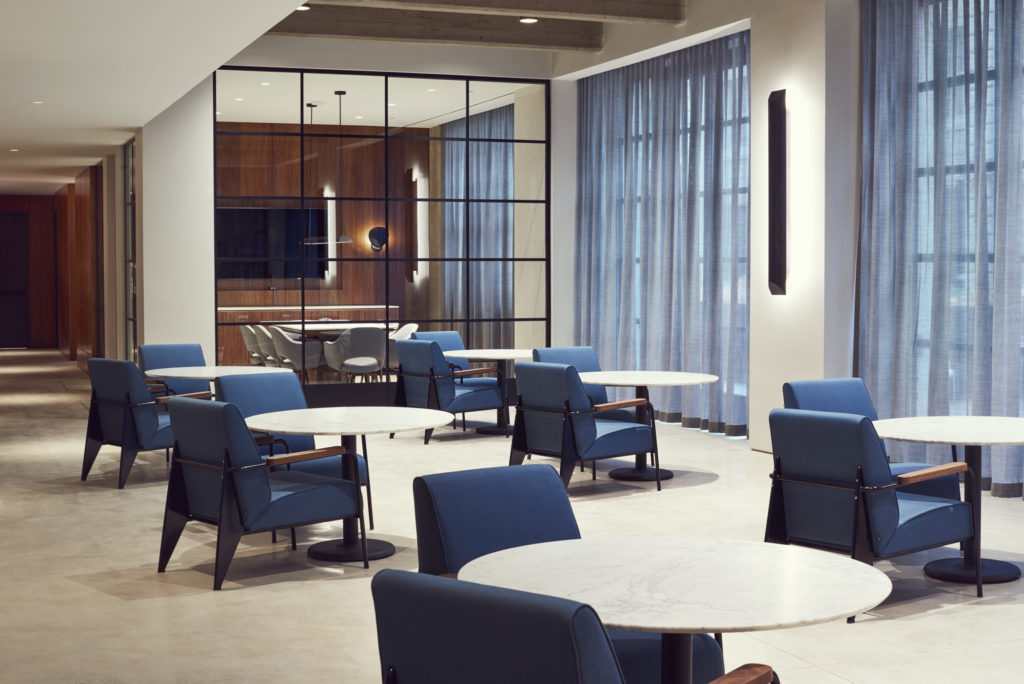
Located in Industry City, Camp David is a more matured form of co-working spaces, but creatives are still the main target. Since opening almost a year ago, Pope has seen occupancy rise to 60 percent of the capacity on the private offices on the 5th floor — and creatives have been a dominant presence. “Textile designers, lighting designers, a lot of marketing professionals, a number of architects as well as interior designers. We even have people in food—there’s a shared kitchen space in the building next to us and we have a member who is a caterer; we have a food brand development company.” Industry City lives up its name, and its ability to condense the features and creative community of the city into one place is one of the reasons people have been drawn to Camp David. “It’s truly a business eco-system, not only do you have all of these beautiful courtyard spaces, and adapted and reused warehouse spaces, the food hall and all of the offerings there, but you’re also surrounded by tons of other companies that are like minded in a way.” It’s why major brands like the Brooklyn Nets and West Elm have become tenants, but Pope also recognizes the appeal for the Manhattanites who travel into a somewhat secluded area of Brooklyn. “I think people really love the reverse commute. I think that even our market play on why we call it Camp David. Our Camp David is a refuge, almost like a retreat from the bustling of Manhattan. This is where people come to get their real work done.”
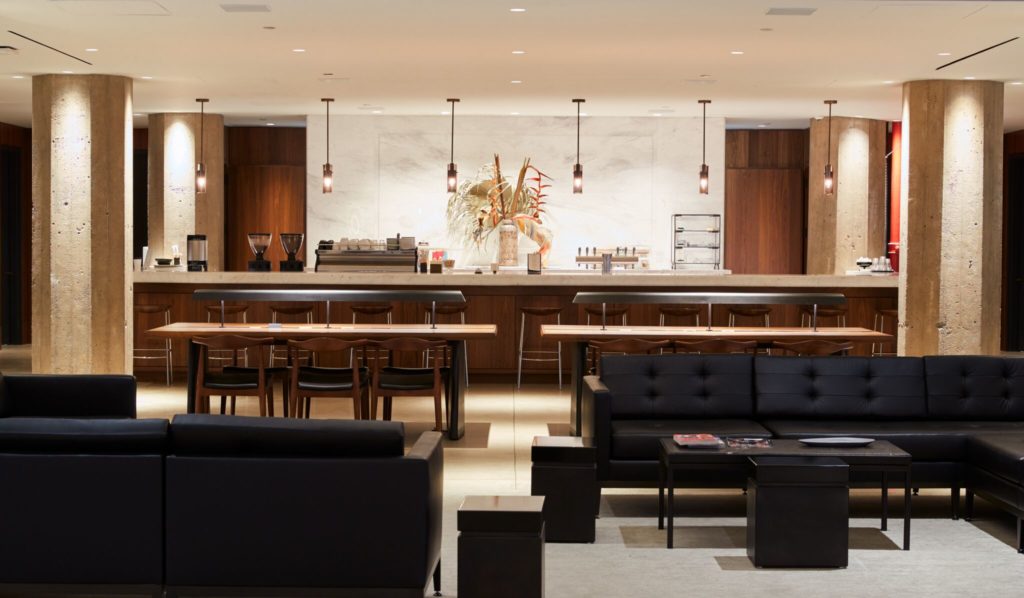
Now Camp David is preparing its most attractive proposition yet: a makers studio. “We’re building out an editing suite, a product photography suite, textile design corner with industrial sewing machines and cutting tables, a prototyping workshop area with tools…there’s really a flexibility there that a lot of members have had thus far. We listened to their feedback. We were on the fence about doing a textile corner, but we had a number of fashion designers that told us they’d be using it.” This robust new space isn’t novelty, but rather serves to reinforce their support for their members work. Even for those who aren’t in creative fields themselves, Pope sees the value of having these tools available for people. “Being a space that’s kind of creative base, even if you’re a lawyer or a developer and you’re a member, you can totally do something and it’s fun. We have the resources and the space to do things like that which is cool. No other membership space has the benefit of being in this raw, curated, makers space with tools. For both professional development and hobbyists.”
Part of that focus is the programming which Camp David routinely offers, and it works in conjunction with the makers space. Special programs and workshops are ways for Camp David to experiment and find new ways for members to unlock the potential of the space. “We had a tincture making workshop where we have an herbalist come down for Connecticut and teach people how to make tinctures. We had a jewelry designer, and they made refrigerator magnets. We had a synthesizer workshop, we’re doing a karaoke based improv activity, our florists Okimoto, did a floral arrangement workshop doing happy hour and it was such a blast.” It’s just another way that Camp David creating engaging opportunities for members without turning into a social club. Because it’s clear that no matter how much or how quickly they grow, Camp David is still about nurturing a community. “It’s a good feeling to know that people can spend all day every day here and treat this like their office, but still want to hang out or happy hour and spend an extra 3 hours here, as opposed to an office space and wanting to get the hell out of there. That’s definitely the main focus: keeping things fun.”
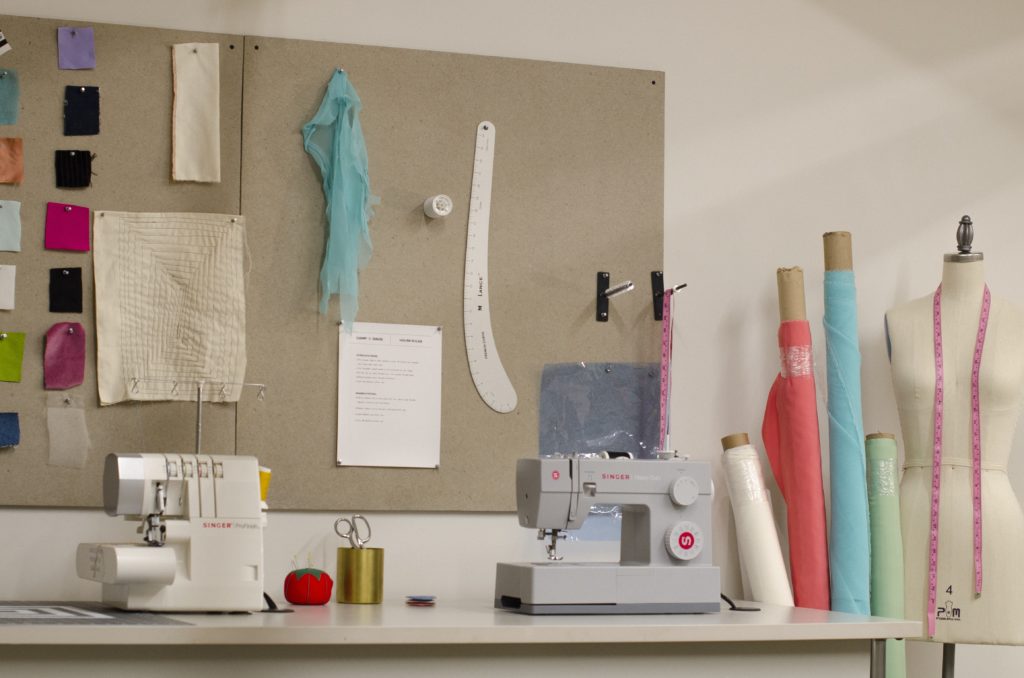
[Photo courtesy of RUSE Studios]
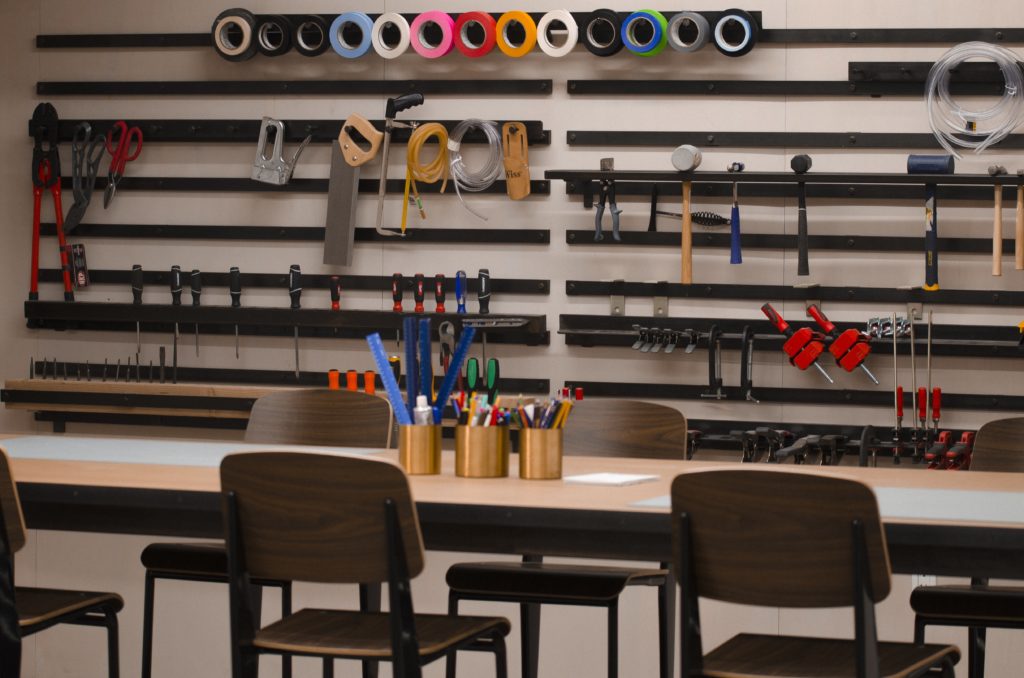
[Photo courtesy of RUSE Studios]
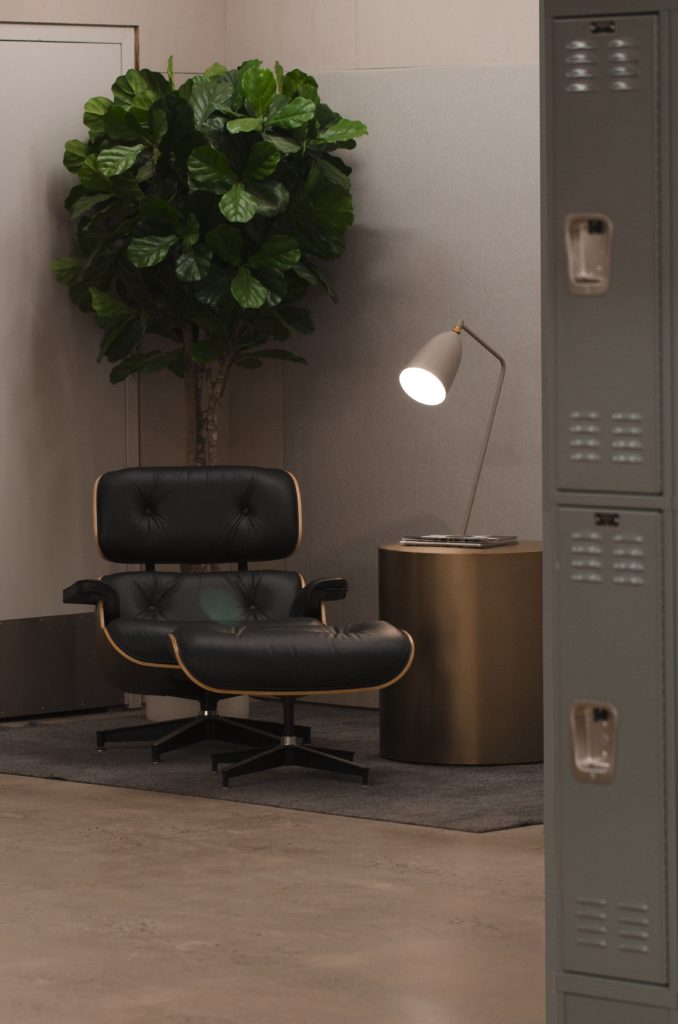
[Photo courtesy of RUSE Studios]
Share this Story
More Culture
The Sound of Success: How Music Has Become Hospitality’s Secret Sauce
Giant Step launches an in-depth insight into how music has evolved from background to brand DNA and what lies ahead for hotels
tell me more ›Ottolenghi From Soil to Plate at Atzaró Ibiza
A one-night feast in the island’s most iconic agroturismo
tell me more ›Burberry Checks Into The Newt
The fashion-hospitality affair continues in the English countryside
tell me more ›
